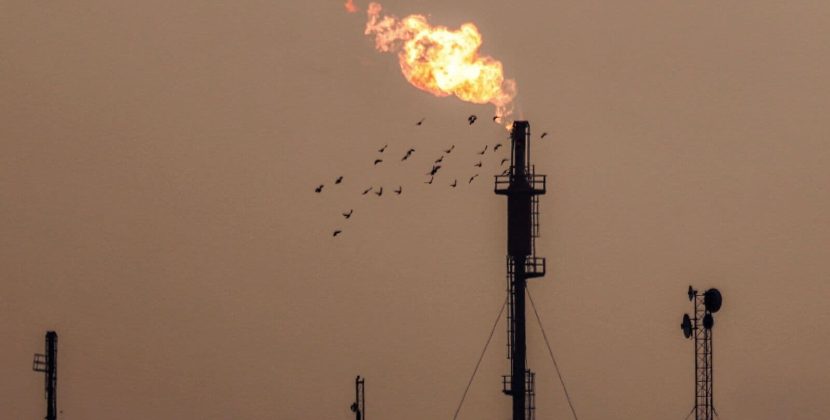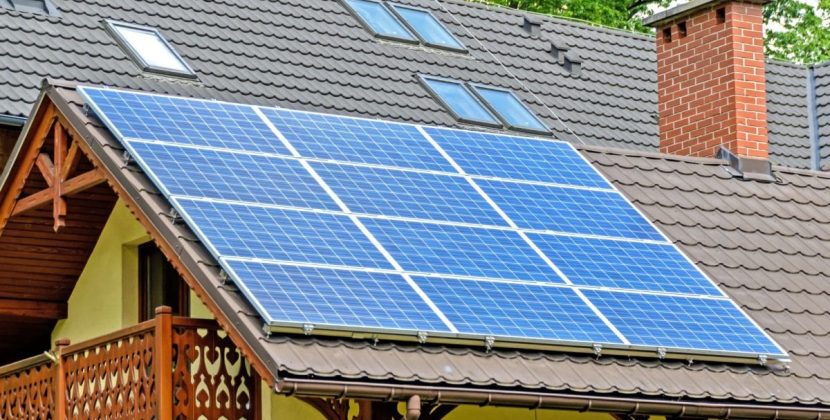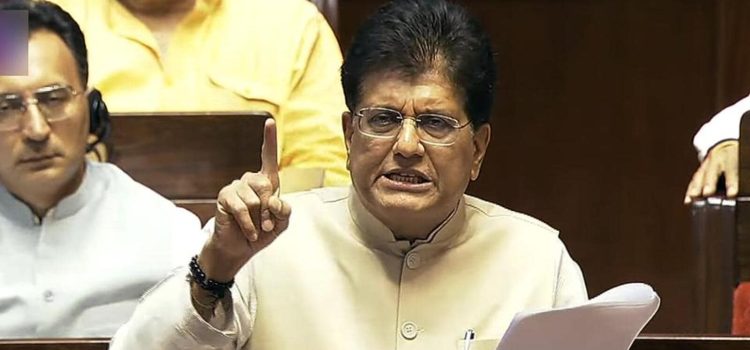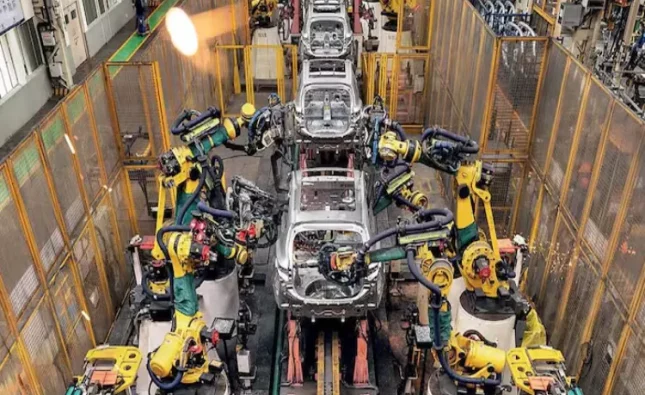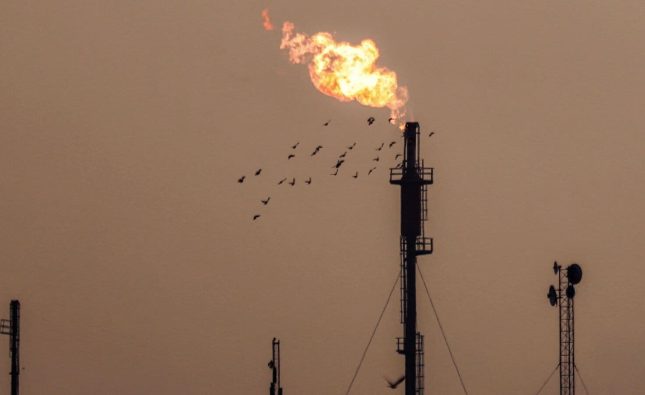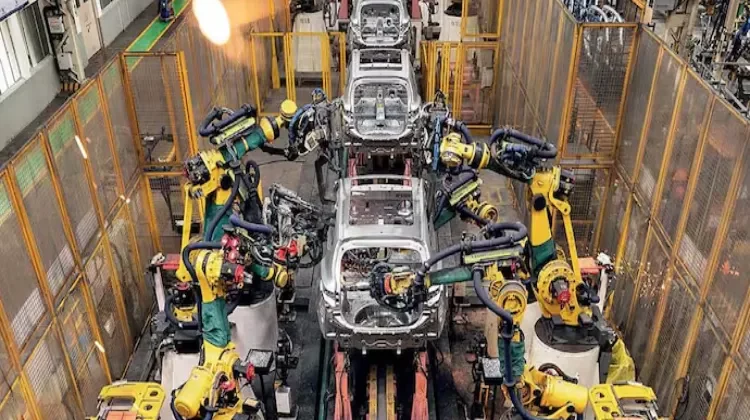
India will take “all necessary steps” to secure its national interest, commerce minister Piyush Goyal told parliament on Thursday, a day after US President Donald Trump announced punitive tariffs on Indian goods.
“The implications of the recent development are being examined by the government,” Goyal said in a suo motu statement, making a tacit reference to Trump’s Truth Social post on Wednesday that India will face a 25% reciprocal tariff plus an unspecified additional penalty for purchasing Russian crude oil from August 1.
The minister said the commerce ministry is engaged with all stakeholders, including exporters and industry for taking feedback on their assessment of the situation.
Trump’s reaction was an outcome of India refusing to budge on retaining protections for its agriculture, dairy and micro, small and medium enterprises from unfettered American imports.
On Thursday, the American president continued his targeting of India. “I don’t care what India does with Russia,” Trump wrote in a Truth Social post on Thursday. “They can take their dead economies down together, for all I care.”
In Washington, a US appeals court sharply questioned whether Trump’s tariffs were justified by the president’s emergency powers, after a lower court said he exceeded his authority with sweeping levies on imported goods from a wide variety of countries.
The US emergency powers law “doesn’t even say tariffs, doesn’t even mention them,” one of the judges said.
“The government attaches the utmost importance to protecting and promoting the welfare of our farmers, workers, entrepreneurs, exporters, MSMEs and all sections of Industry. We will take all necessary steps to secure and advance our national interest,” Goyal told both houses of Parliament.
People close to the development said the Trump administration is yet to send any formal communication over the tariffs or the quantum of the penalty. “Situation will be clear in the next two days, which will help to assess the impact for considered action,” one of them said.
“The government is in touch with stakeholders and the industry is willing to cooperate with the government,” a second person said. Both people requested anonymity.
They said negotiations for the proposed first tranche of the India-US bilateral trade agreement (BTA) are continuing, and so far, the New Delhi visit of the American negotiating team is unchanged on August 24 for the sixth round of talks.
Federation of Indian Export Organisations (Fieo) director general Ajay Sahai said: “The current development seems temporary as both sides are negotiating a BTA, which will resolve issues of punitive tariffs. Meanwhile, during this temporary phase, both exporters and importers may absorb the impact of the US tariff action.”
Industry experts said not all Indian goods would be subjected to reciprocal or punitive tariff as about 45-50% goods by value fall in the exempt category. India exported goods worth about $86 billion to the US in 2024-25.
Sectors such as electronics, energy, pharmaceutical ingredients, and precious metals remain exempt from additional duties under existing US trade regulations, potentially protecting billions in Indian exports. However, key export sectors such as textiles, engineering goods, and processed foods face the full tariff burden.
According to the people mentioned above, since Trump’s message came informally through a social media handle, the minister ostensibly chose not to mention specific details of the President’s Wednesday post in Parliament. Instead, he recounted the last official position of the White House in the executive order.
While acknowledging Trump’s Wednesday post as reason for making a suo moto statement in Parliament, Goyal on Thursday reiterated the Trump administration’s April 2 executive order.
“I would like to apprise the House about the statement by the President of the United States of America (US) on 30th July 2025 regarding the applicable tariff on bilateral trade from 1st August 2025. On 2nd April 2025, the US President had issued an executive order on reciprocal tariffs imposing additional duties ranging from 10% to 50% on imports from its trading partners. A baseline duty of 10% has been effective from 5th April 2025,” he said.
“The additional duty on India was announced at 26% including baseline tariff of 10%. Originally, the full country specific additional duty was to be effective from 9th April 2025 but was postponed initially for 90 days on 10th April 2025 and further extended up to 1st August 2025,” his statement in Parliament said.
India and the US entered into negotiations for a fair, balanced and mutually beneficial bilateral trade agreement (BTA) in March 2025 with a target to complete the first tranche of the agreement by fall of 2025, the minister said.
“The two sides finalised the detailed Terms of Reference (ToR) to enter into negotiations of the BTA on 29th March 2025 during the first physical round of discussions held at New Delhi. Thereafter, four physical rounds of negotiations have taken place between both sides, in New Delhi and Washington D.C., to work towards finalisation of the BTA in accordance with the agreed ToR. In addition, there have been many virtual meetings between the two sides,” he added.
On Wednesday, Trump indicated that the two countries were still negotiating.
US secretary of state Marco Rubio on Thursday offered a more nuanced view of the relationship in a Fox News podcast, describing India as a strategic partner while acknowledging the energy purchases as a “point of irritation.”
“Like anything in foreign policy, you’re not going to align a hundred percent of the time on everything,” Rubio said. “India has huge energy needs and that includes the ability to buy oil and coal and gas that it needs to power its economy like every country does, and it buys it from Russia, because Russian oil is sanctioned and cheap.”
However, Rubio emphasised the administration’s frustration with the arrangement. “Unfortunately that is helping to sustain the Russian war effort. So it is most certainly a point of irritation in our relationship with India—not the only point of irritation. We also have many other points of cooperation with them.”
“What you’re seeing the President express is the very clear frustration that with so many other oil vendors available, India continues to buy so much from Russia, which in essence is helping to fund the war effort and allowing this war to continue in Ukraine,” he added.

